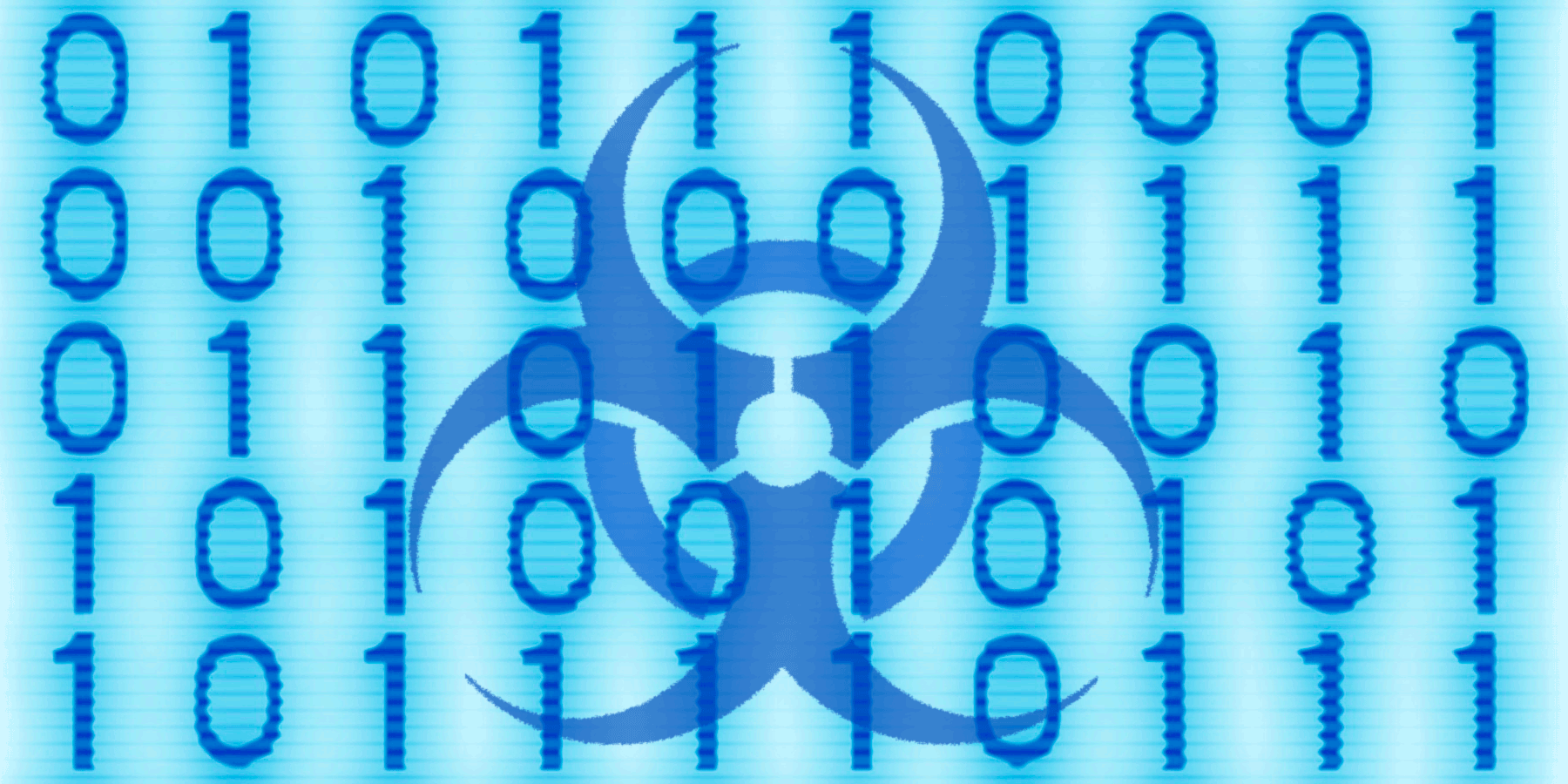 This blog belongs to the CSS’ coronavirus blog series, which forms a part of the center’s analysis of the security policy implications of the coronavirus crisis. See the CSS special theme page on the coronavirus for more.
This blog belongs to the CSS’ coronavirus blog series, which forms a part of the center’s analysis of the security policy implications of the coronavirus crisis. See the CSS special theme page on the coronavirus for more.
Millions are now working from home with unfamiliar software, providing massive opportunities for malicious actors. In response, volunteers from the information security sector have formed collaborative initiatives to disseminate urgently needed information to the public. This post examines how the current crisis conditions enabled the formation of the COVID-19 Cyber Threat Coalition (CTC), the largest of these initiatives, based on an interview with the founder. It also identifies an opportunity to institutionalize a similar, need-based threat information platform through government action.


